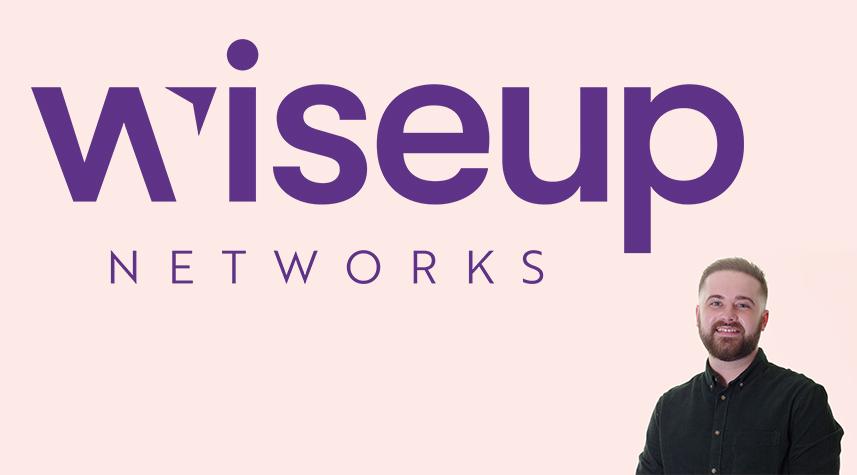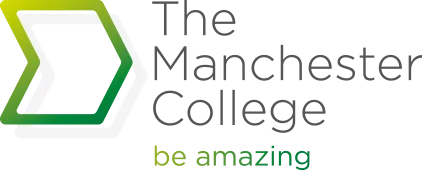
Guest Blog - Landing Your First Job: A Checklist For Success
In this month’s Employer Guest Blog, Joe Wood, Co-founder and CEO of Wiseup, shares his insights on how to get your first job.
Identify Your Passions
‘Find a job you enjoy doing, and you will never have to work a day in your life’ – Mark Twain.
Finding your dream first job doesn’t have to mean just doing something that is convenient or familiar. Your job search will be far more rewarding if you align it with your passions; the things you are good at, the things you enjoy doing, and the things that you feel the world needs.
Your formal education is one thing, but it also helps to think about the things that you have been skilled at since you were a child. What would your friends, family or colleagues say you are good at? What do people always ask for your help with?
Asking yourself these questions before embarking on your first job hunt will most certainly help you maintain enthusiasm for the process and focus in on the right opportunities. This is a pivotal moment that could influence the direction of your career for years to come, so allow yourself some time to weigh up the options.
Sharpen Your Skills
The search for your first job is likely to be an eye-opening experience. It is the first time you will be actively measuring yourself up against real-world positions and candidate specifications. It is important to be realistic and apply for roles that match your level of experience.
Even when searching for junior positions, you might see certain requirements cropping up, again and again, that cause you to identify holes in your skillset. Don’t be disheartened. Instead, see this as an opportunity. Remember, these requirements describe the perfect candidate. You won’t be expected to nail every single one of them.
Having said that, the more you can begin to tick off, the better. There’s no need to become an overnight expert. Getting that extra little bit of oomph on your application could be achieved by something as simple as attending a webinar or downloading a software trial.
This is your time to hone your own unique skillset and steer your career in a direction that excites you. When you finally do land your dream first job, applying these new abilities will demonstrate your potential and set you apart as a go-getter.
Leverage Your Network
You’ll be against fierce competition during your first job search, particularly if you are applying straight out of education amongst a fresh wave of shiny graduates. Sometimes it can come down to not what you know, but who you know.
It is therefore so important to talk to your alumni, your tutors, family, friends of family, anyone that might help you get a foot in the door. Leverage all the connections you can and let people know you are available and looking for work.
Always remain open to new opportunities and introductions. At the very least, networking will improve your confidence and communication style. And in the best case scenario, you might just stumble across a contact who opens all the right doors.
Revamp Your CV
Employers spend an average of 7 seconds scanning your CV, and if nothing encourages them to linger for a few more, it could be tossed aside. Given the current climate, hiring is down, and unemployment is up, so standing out is more important than ever.
Grammatical errors could mean your CV receives even less than 7 seconds in the spotlight. Little blunders are often difficult to spot in our own work. Scour it with a fine-tooth comb and have someone else look over it too.
Structure is key. Your CV should guide the eye of an employer through your most valuable assets. You’ll need a strong personal statement, work experience, as well as relevant skills and education. All sections must be written and presented clearly.
Tailor your CV and cover letter to each opportunity. Pick out key requirements from the job spec and give practical examples of how you match up to them. An employer is less likely to spend time on you if they don’t feel that you have spent time on them.
Creative, digitised CVs are growing in popularity and can be a great way to showcase your practical skills straight off the bat, especially if you are entering a creative industry. At the very least, it will make your application more memorable.
Finding a Mentor
A mentor is a trusted advisor with authentic experience in your chosen field. They have weathered the storm, faced the challenges that you are currently trying to overcome, and can offer invaluable, unfiltered advice to offer you.
A mentor works with you one on one to help you identify your key strengths and align them with your passions. They will glean insight from your discussions, helping you reach your own conclusions and discover the best version of yourself.
CV reviewing and interview prep sessions are just a couple of the practical ways in which a mentor can help you land your first job. Chatting with a career mentor also improves your communication skills and gets you into the habit of sharing ideas. This will be instrumental when it comes to that daunting interview stage.
A mentor can also introduce you to a large network of useful industry contacts that you would otherwise spend months or years trying to cultivate. Very quickly you will develop more conviction in your opinions and getting your voice heard will start to come naturally, and you’ll be well on your way to securing the opportunity that you were made for.
Wiseup is an online Coaching & Mentoring platform with over 100 experts to choose from, who help people over 18 to unleash their full potential and start their careers on the right foot. Earlier this year, Wiseup kindly supported The Manchester College BCCI students with some bespoke virtual mentoring sessions.
